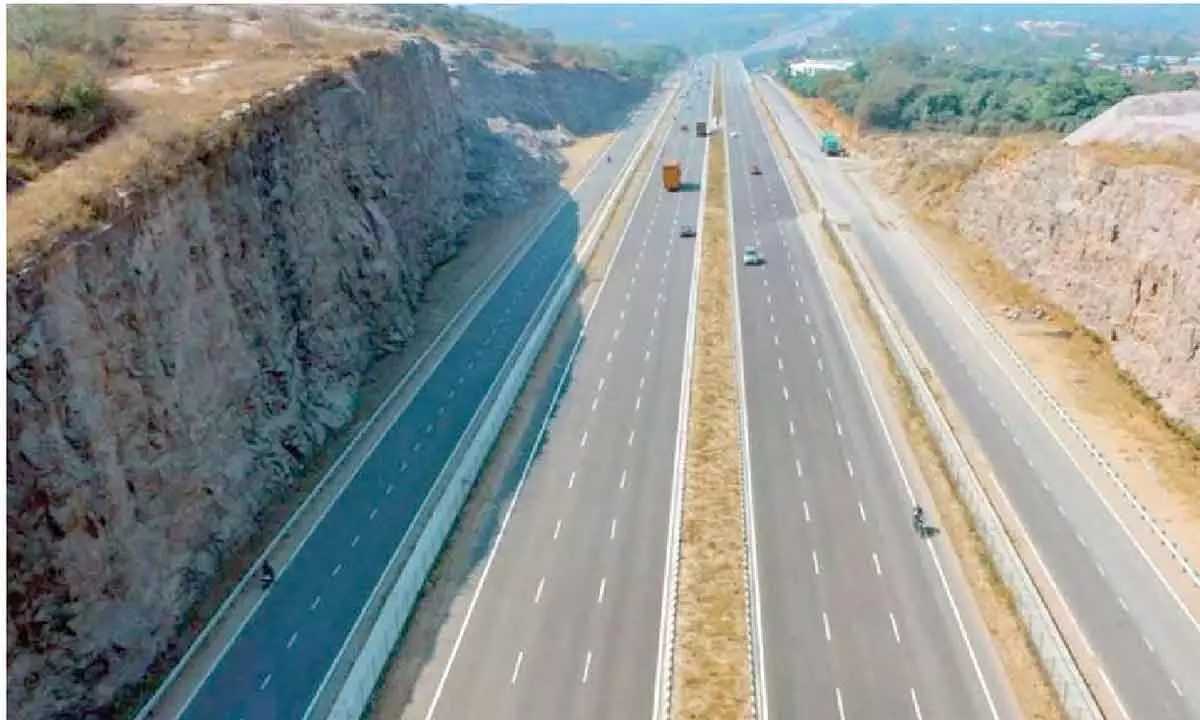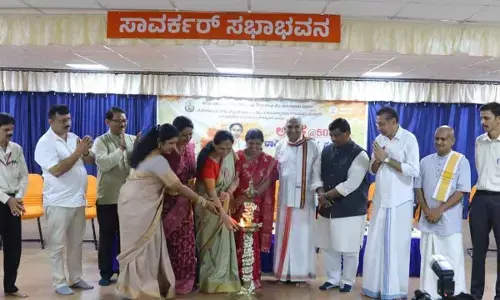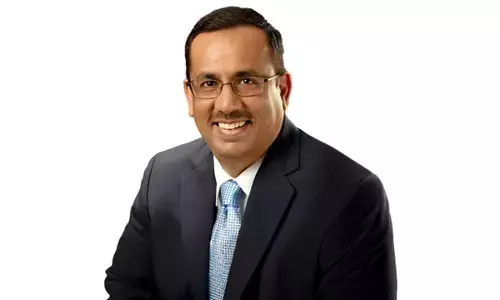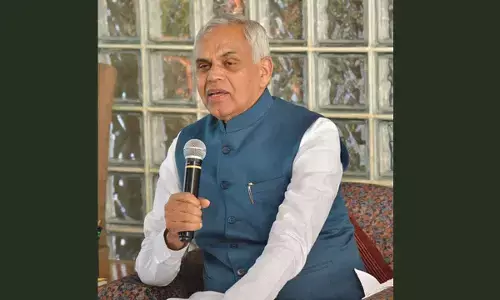high-speed Bengaluru-Mangaluru Expressway to boost connectivity

The proposed high-speed corridor will span approximately 335 kms, connecting Bengaluru and Mangaluru via Hassan
Bengaluru : In an effort to improve transportation efficiency and reduce travel time between two major cities in Karnataka, the Central Government has initiated plans to construct the Bengaluru-Mangaluru Expressway. Similar to the recently completed Bengaluru-Mysuru Expressway, this new corridor will provide a faster, high-speed route from Bengaluru to Mangaluru. The project has reached the initial stages, with tenders called to prepare a Detailed Project Report (DPR) that will outline the expressway’s design, feasibility, and implementation plan.
The expressway is expected to make a substantial impact on travel between Bengaluru and Mangaluru. The current 350-kilometer journey requires approximately six to seven hours by road. The new expressway aims to reduce this time by nearly half, allowing travelers to reach their destination in just three and a half to four hours.
This reduction in travel time is expected to facilitate smoother and faster movement for both passenger vehicles and goods. According to traffic expert Chandrashekhar, the expressway will enhance the logistics network, making it easier to export materials from Bengaluru and to import fuel, gas, and other resources from Mangaluru’s port. This connectivity improvement is also anticipated to benefit businesses, especially those in the export-import sectors.
To kick off the project, the government recently invited bids for the DPR preparation. A total of nine companies have submitted tenders, with the final selection expected by January. The company chosen will be tasked with conducting extensive studies, analysing the environmental and economic feasibility of the expressway, and developing a comprehensive project blueprint within a period of 540 days.
The proposed high-speed corridor will span approximately 335 kms, connecting Bengaluru and Mangaluru via Hassan. The expressway is expected to have either four or six lanes, allowing for efficient traffic flow and safety enhancements.
The construction work for this ambitious expressway project is projected to commence by 2028. However, several challenges must be addressed, particularly regarding environmental impact. The construction may require the removal of thousands of trees, which could lead to opposition from environmental activists.
Despite these concerns, supporters of the project point to the long-term benefits for commuters and freight operators. Nataraj Sharma, president of the Private Bus Owners’ Association, noted that the expressway could significantly reduce diesel consumption and maintenance costs for private bus operators. These operational savings could potentially lead to more affordable travel options for passengers.
Once completed, the Bengaluru-Mangaluru Expressway is expected to provide a major economic boost to the region by strengthening trade routes and facilitating tourism. Faster and more efficient travel could attract more tourists to Mangaluru’s coastal areas and scenic destinations, as well as to other parts of Karnataka. Improved connectivity may also spur investments and development projects along the route, benefitting local communities and businesses.
However, the project’s environmental impact remains a concern. The question of how the expressway will balance infrastructure development with ecological preservation is a significant one, and addressing it will be crucial for gaining public support and minimizing environmental damage.
The Bengaluru-Mangaluru Expressway promises to transform travel in Karnataka, providing faster and more reliable connectivity between two vital cities. While it holds potential for economic growth and improved logistics, the government will need to address environmental challenges to ensure the project benefits both current and future generations.








